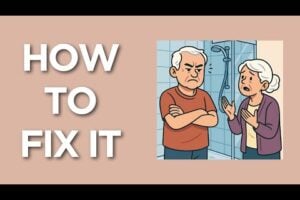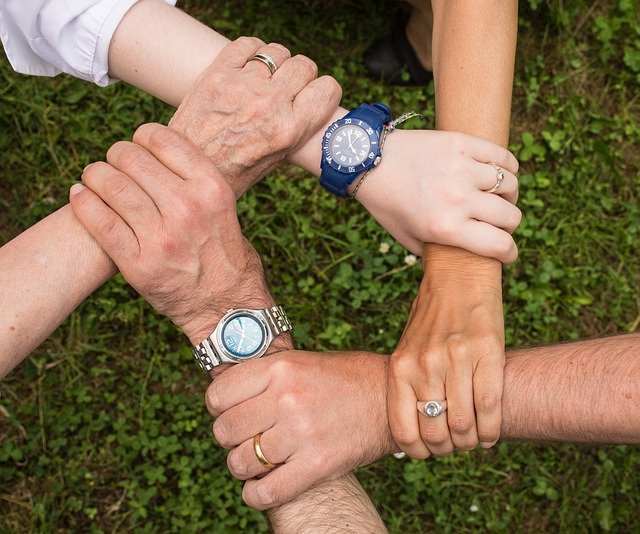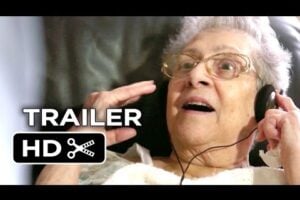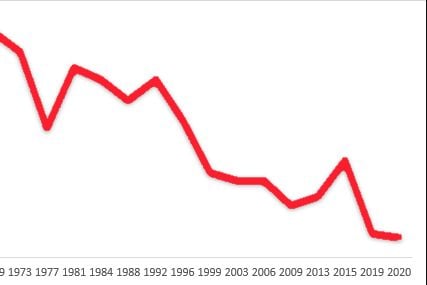For VIDEOS + ARTICLE on SUNDOWNING, click here.
MORE INFORMATION:
- The UCLA Alzheimer’s and Dementia Care program is designed to help patients and their families with the complex medical, behavioral and social needs of Alzheimer’s disease and other types of dementia. Our Dementia Care Managers are at the heart of the program and work with your primary care doctor to develop and implement a personalized care plan.
SOURCE:












I adjust the blinds in the house starting around 2 or 3 pm and turn on small lights around the house. This seems to allow their transition from day to night go a little smoother.
Hi,
your program idea is very good and effective for health and leave a peaceful life. I appreciate with your ideas. hope you post your next article very soon. Thank you
we give Daddy Pandora with headphones with either big band, Sinatra, or country and his mood changes for the better! it's amazing how the music soothes!
My wife of 68 years came down with early Dementia in 2002. I have had her on three Alzheimer's trials and we were on the HBO show part 3. She has been a Hospice patient since 3/5 /2015 with care providers 24/7 and after over 200 Care.com interviews I have four women who who have compassion and common sense that see that she is well cared for. She gets acupunture once a week and physical trainer once a week also. I watch her every day with slipping away. We kept doing daily MMSE tests uintil she no longer spoke
Sundowning, rage, are usually two of the seven steps she has gone through. The accupunture is helping keep her out of going into the fettle position. She is not an interuption in my life, she is my life. HW
You certainly have taken all the right measures to give her the best life possible. I hope you are also being mindful of your own health and wellness. God bless you. Sally
Enjoyed this video–good explanation for complex symptoms. I work for Aspen Senior Care and the Aspen Senior Day center and we find that sundowning is quite common in our clients. We always try to "redirect" to an activity. We never say, "don't you remember", or "remember when" as they can't…We've found that singing, looking at pictures, listening to music (particularly music from their "era"), folding laundry etc., is calming.
http://www.aspenseniorcare.com
http://www.aspenseniorcenter.org
Excellent short video for training. Reminds one of the huge need to support unpaid and exhausted family caregivers